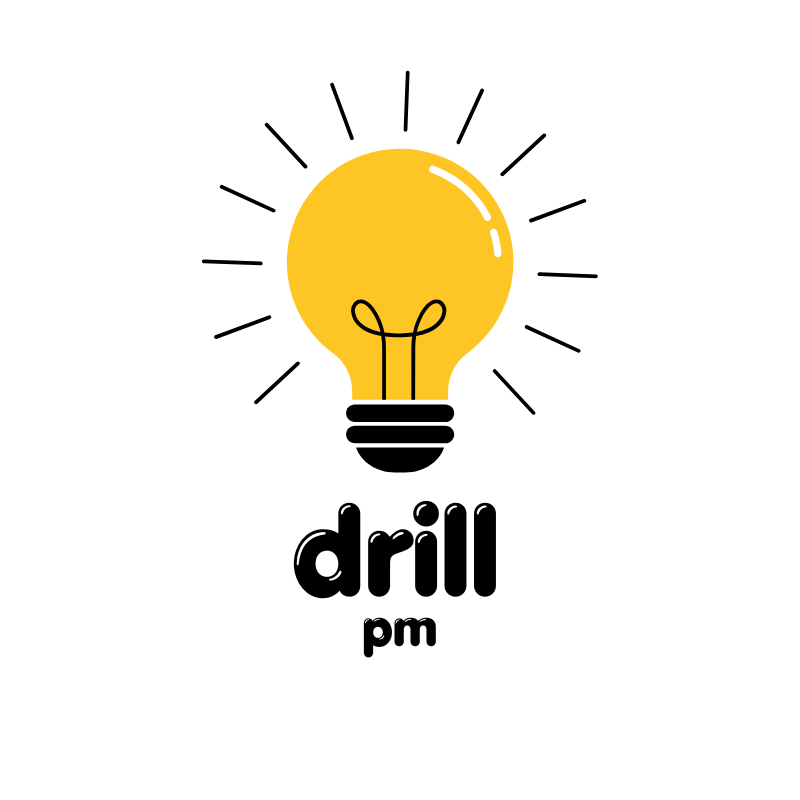Anúncios
Getting ready for your first job interview can feel like stepping into the unknown. You might not know what to expect, how to prepare, or what to say when the interviewer asks, “Tell me about yourself.” The good news? You’re not alone—everyone starts somewhere.
Many young people feel overwhelmed when they think about job interviews. But here’s the secret: most interviewers understand that you’re just starting out. They’re not expecting perfection. They’re looking for potential, attitude, and effort more than a long list of experiences.
This guide will walk you through everything you need to feel more confident and prepared. It’s filled with real-life examples, practical tips, and simple strategies to help you make a great first impression—even if you’ve never worked before.
1. Understand what interviewers are really looking for
You might think that having no job experience is a disadvantage. But in entry-level interviews, employers care more about your attitude, willingness to learn, and how you communicate. They want to know: Are you reliable? Do you take initiative? Are you coachable?
Let’s say you’re applying to work at a grocery store. Even if you’ve never had a job, you could mention responsibilities at home, school projects, or volunteering. For example: “I helped my younger siblings with homework every day after school. It taught me how to be patient and organized.”
Use simple stories from your life to show that you’re capable and trustworthy. That’s what interviewers want to see.
2. Do your research before the big day
Showing up to an interview without knowing anything about the company is a red flag. It only takes 10–15 minutes to Google the business, check their website, or look at their social media profiles.
Let’s say you’re applying to a local coffee shop. Find out how many locations they have, what they sell, and what kind of vibe they promote. Then, think about how you fit into that environment. If they’re known for being fast-paced and friendly, mention that you enjoy working under pressure and love helping people.
When the interviewer asks, “Why do you want to work here?” you can give a strong answer: “I’ve been coming to this shop for a long time, and I’ve always admired how welcoming the staff is. I’d love to be part of that team.”
3. Dress the part, even with little budget
You don’t need expensive clothes to look professional. What matters is that your outfit is clean, simple, and appropriate for the type of job you’re applying for.
For example, if you’re interviewing at a retail store, wear a plain shirt or blouse, clean pants or jeans (no rips), and closed-toe shoes. Avoid hats, loud prints, and anything too flashy.
If you’re unsure, search “what to wear to a job interview” on YouTube or Pinterest for visual guides. And if you truly don’t have anything suitable, ask a friend or family member if you can borrow something. Some communities even have local nonprofits that offer interview clothing for free.
Dressing well shows that you respect the opportunity—and yourself.
4. Practice common questions with real examples
There are a few questions that almost always come up in interviews. Preparing for them can make a huge difference. Here are some examples with beginner-friendly answers:
Tell me about yourself.
Focus on your background, interests, and any experiences that show responsibility.
Example: “I just graduated from high school and I’m excited to start working. I’m a quick learner, and I’ve helped organize school events, which taught me teamwork and time management.”
What are your strengths?
Pick one or two and give examples.
Example: “I’m very organized. I always create checklists when I have a big task, and it helps me stay focused.”
How do you handle challenges?
Be honest, but show a positive attitude.
Example: “When I get overwhelmed, I take a deep breath and break the task into smaller steps. That way, I can stay calm and work through it.”
Practicing out loud—even in front of a mirror—will help you speak more confidently when the time comes.
5. Show confidence, not arrogance
Confidence doesn’t mean acting like you know everything. It means being honest about what you bring to the table and showing that you’re eager to grow.
Smile. Make eye contact. Shake hands (if appropriate). Say thank you. These small things can leave a big impression.
Here’s what confidence might sound like in an interview:
“I haven’t worked in this kind of role before, but I’m very willing to learn and I always give my best. I believe I can become a great addition to your team with the right guidance.”
Avoid saying “I’m the best” or “I know everything.” Instead, show that you’re teachable, enthusiastic, and respectful. That balance is what interviewers love.
6. Ask smart questions at the end
At the end of the interview, most employers will ask, “Do you have any questions for us?” Always say yes.
Asking questions shows that you’re truly interested and thoughtful. Here are a few you can use:
- “What does a typical day in this role look like?”
- “What qualities are most important to succeed here?”
- “Is there room to grow or learn new skills over time?”
Avoid asking about salary or time off in the first interview—save those for later. Focus on learning more about the job, the team, and the company culture.
Asking smart questions makes you stand out—and it helps you decide if this is the right job for you, too.
7. Learn how to follow up like a pro
After the interview, always send a thank-you message—especially if you have the interviewer’s email. Keep it short, polite, and professional.
Example:
“Hi [Name],
Thank you for taking the time to speak with me today. I really enjoyed learning more about the [job title] role at [Company Name]. I’m excited about the opportunity and hope to hear from you soon.
Best,
[Your Name]”
If you don’t hear back in about a week, it’s okay to send a gentle follow-up:
“I wanted to check in and see if there were any updates regarding the position. I’m still very interested and look forward to hearing from you.”
Follow-ups show initiative and maturity. Just remember to keep the tone respectful.
Final thoughts: Turning your nerves into a job offer
Going into your first job interview can feel nerve-wracking—but with preparation and the right mindset, you’ll be surprised at what you’re capable of. Every interviewer knows what it’s like to start from zero. What they want to see is your attitude, effort, and eagerness to grow.
By researching the company, practicing your answers, dressing appropriately, and staying calm under pressure, you’re already way ahead of most candidates.
Your first job interview is a powerful learning experience. Embrace it with confidence, stay true to who you are, and give it your best shot. That’s more than enough to make a lasting impression.
5 Frequently Asked Questions About First Job Interviews
1. What if I get too nervous and freeze during the interview?
Take a deep breath and ask for a moment to think. It’s completely normal. Interviewers appreciate honesty, so you can say, “That’s a great question—let me take a second to think about it.”
2. Can I talk about school projects or volunteer work if I’ve never had a job?
Absolutely. Any experience that shows responsibility, teamwork, or initiative is valuable and worth mentioning.
3. What if I don’t understand a question the interviewer asks me?
It’s okay to ask for clarification. Just say, “I’m not sure I understand—could you explain that a little more?” It shows that you care about giving a thoughtful answer.
4. How long should I talk when answering questions?
Aim for 30 to 60 seconds per answer. Be clear and to the point, but make sure you’re giving enough detail to explain yourself.
5. What should I do if I don’t get the job?
Don’t be discouraged. Thank them for the opportunity, ask for feedback if possible, and keep applying. Every interview helps you improve—and the right job will come along.



